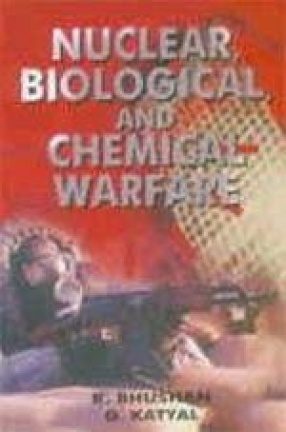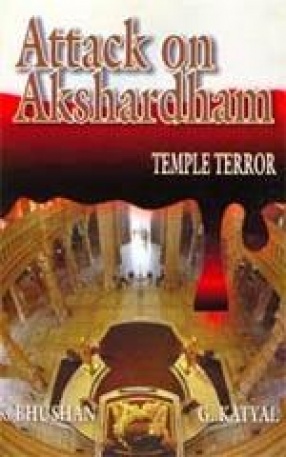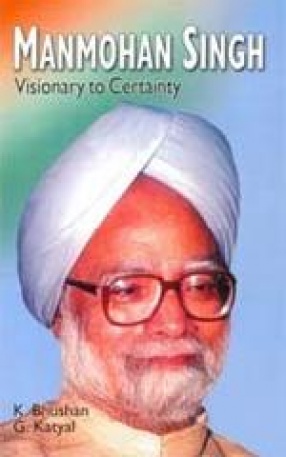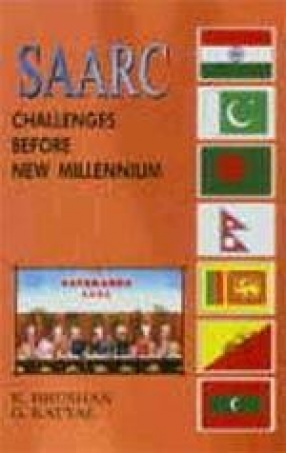
Showing all 7 books



The book Nuclear, Biological and Chemical Warfare provides a thoughtful and comprehensive analysis of the historical motives for acquiring and possibly using-nuclear, biological and chemical weapons. The book is forward-looking as well, providing insight into what is surely the greatest challenge confronting security policymaking today: understanding the risks of current and future proliferation. The themes of articulated in this breakthrough book will strongly ...

At 11.45 a.m. on Thursday, December 13, 2001 India trembled, and a few gunshots and dead bodies later, India sighed. Those moments could have been very different, they could have changed the destiny of the country, like what September 11 had done to the United States of America, but more politically devastating. That did not happen. But the pre-noon terrorist attack at the Parliament House was another warning, another realisation, another reminder of the truth: ...

The people of South Asia, after a heroic struggle for independence, ultimately were able to loosen the two centuries old colonial stronghold and the three states of India, Pakistan and Sri Lanka came into being in 1947-48. A quarter of century later, Bangladesh was born following the bifurcation of Pakistan. This family of states along with two land locked sub-Himalayan neighbours-Nepal and Bhutan which managed to retain their normal independence during the ...

Born on 15 October 1931 at Dhanushkodi in the Rameswaram district of Tamil Nadu, Abdul Kalam’s father had to rent boats out to fishermen to pay this genius’ school fees. He received secondary education at the Schwartz School, a missionary institute in Ramanathapuram, and later joined the St. Joseph’s College at Tiruchirapalli, where he graduated with a Bachelor in Science. Abdul Kalam went on to study Aeronautical engineering at the Madras Institute of ...

This book is an insight into the life and times of Shri Lal Krishna Advani, who is not a mere politician, but a person with astounding clarity of vision, dynamism and patriotism. Billed as today’s Sardar Patel, he blends astuteness with good public relations. Feared and admired, his decisiveness is a foil to Vajpayee’s accommodation. Shri L.K. Advani, has not only been instrumental in the success of BJP, but his ideology and boldness has helped steering the ...

After two decades of organized violence in Punjab and Jammu and Kashmir, India has learned to live with terror. But on September 24, 2002, the country was rudely greeted by a new face of terror as jehadis mowed down innocents, including women and children, at the Swaminarain temple in Gandhinagar, Gujrat. Coming just seven months after the Godhra Massacre, the latest killings make it amply clear that jehadis have decided to open fronts against soft targets in ...

He is the father of India's economic reforms, the man who laid the foundation for India Shining. Today, he is on the brink ethnical academician-bureaucrat-technocrat, who served as Union finance minister between 1991 and 1996, is also the best qualified Indian to serve as the country's prime minister since Independence. Congratulate the man who beat all the odds and proves that nice guys don't always finish last.
